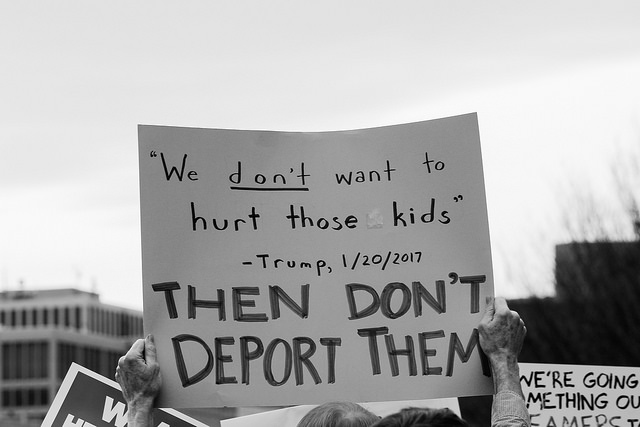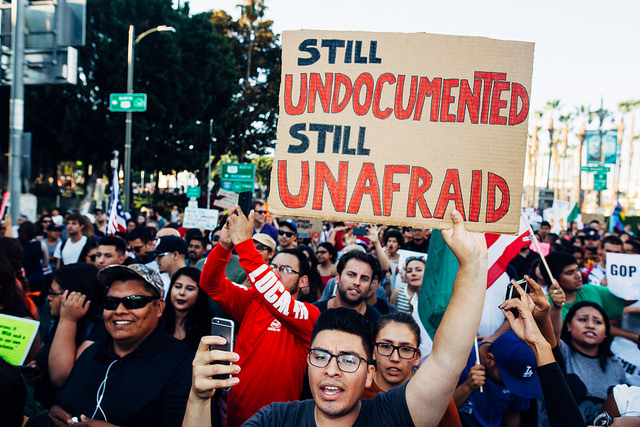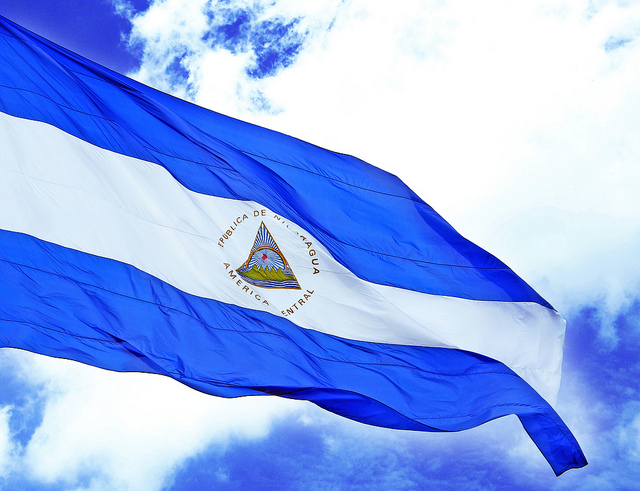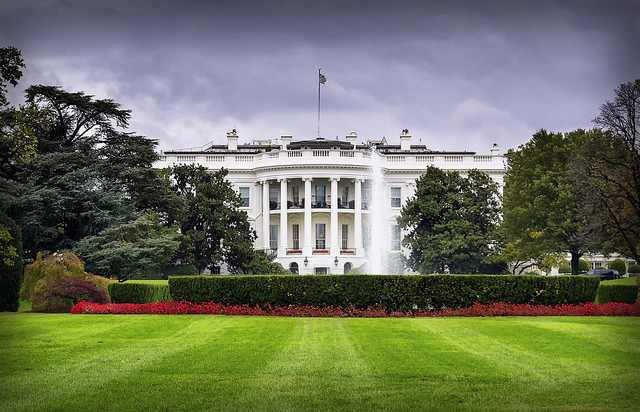U.S. Mission to Turkey Confirms Resumption of Visa Services for Turkish Nationals
On December 28, 2017, the U.S. Mission to Turkey issued an official statement confirming the full resumption of visa services for Turkish nationals. According to the statement, the United States government made the decision to resume visa services for Turkish nationals after the Government of Turkey agreed to adhere to high-level assurances that no additional employees or local staff of the U.S. Mission to Turkey would be detained, arrested, or placed under investigation by the Turkish authorities for performing their official duties for the U.S. Mission to Turkey. Turkish authorities have agreed to inform the U.S. government in advance if the Turkish government plans to detain or arrest a local staff member in the future.
The Department of State will resume all visa services for Turkish nationals given the cooperation of the Turkish government to comply with these high-level assurances. Cases brought by the Turkish authorities against U.S. Citizens will continue to be investigated by the U.S. Mission to Turkey to accomplish a resolution to those cases.
Service Disruption Causes Immigration Delays in U.S. Airports
On Monday January 1, 2018 immigration desk computers went down at various airports for approximately two hours, causing massive delays for travelers going through U.S. Customs and Border Protection following the year-end holidays. The system outage began at about 7:30 p.m. Eastern Standard Time and was resolved at approximately 9:30 p.m. Eastern Standard Time. U.S. Customs and Border Protection processed travelers using alternative procedures. The agency later confirmed that the service disruption was not malicious. Affected airports included John F. Kennedy International Airport in New York, Hartfield-Jackson International Airport in Atlanta, Georgia, Denver International Airport.
 Visa Lawyer Blog
Visa Lawyer Blog











